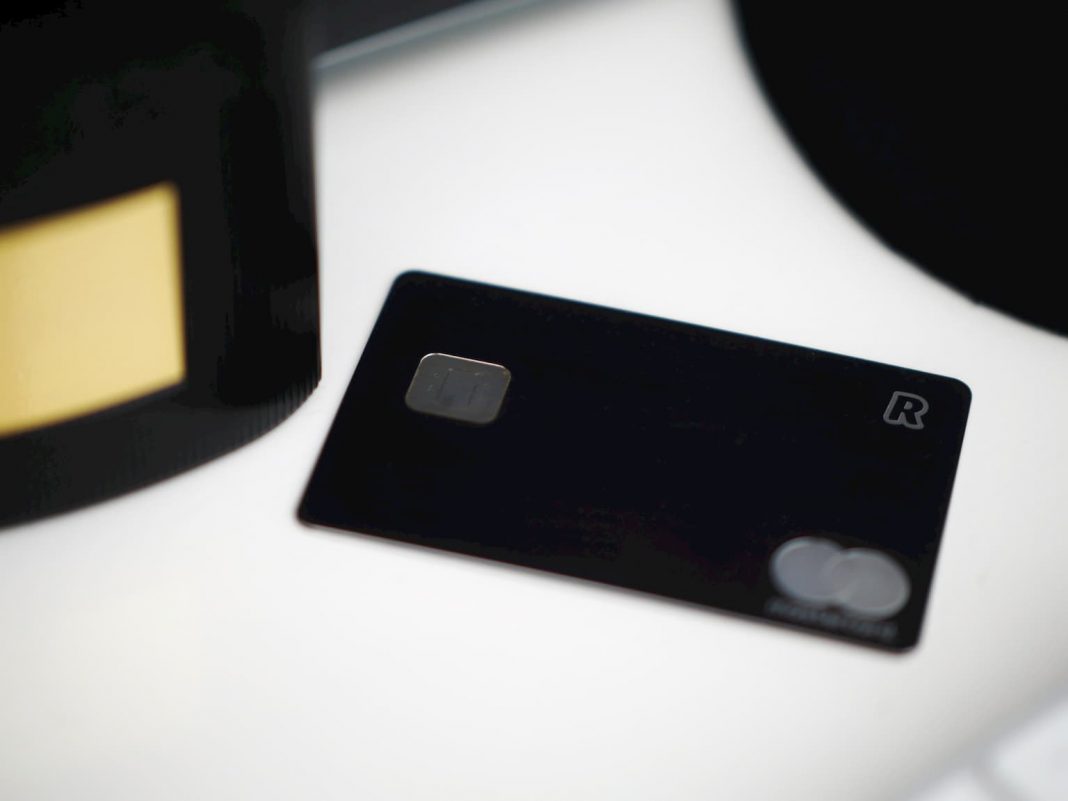Today, Revolut launched Open Banking. I’ve been scrolling through the reaction on Twitter and it appears to be lukewarm at best. Privacy is a big issue for most customers, but what is Open Banking and can you trust Revolut with extra data?
What is Revolut?
Revolut is one of the world’s leading online-only banks. With over ten million customers worldwide and one million customers in Ireland, they are also one of the fastest-growing financial companies in the world. The bank was founded in 2015 to overcome excessive fees for everyday banking including foreign exchange. I’ve personally used Revolut in loads of countries from the US to South Korea. You don’t have to worry about foreign exchange or any of that craic. It is great.
However, Revolut hasn’t had a completely smooth transition into our wallets.
The company has come under scrutiny for its tough workplace practices and startup-style approaches to data privacy. Late in 2019, Revolut issued a change to their privacy policy which would allow the bank to share user data with social media, analytics companies and credit bureaus to “help Revolut better assess your financial circumstances”. The privacy settings section of the app now lets you opt-out of sharing your data and banking behaviour with social media platforms, but understandably people still have apprehensions.
Which doesn’t help Revolut when launching a product like Open Banking.
What Is Open Banking?
Way back in 2015, Revolut wasn’t the only change to banking. A new payments directive was introduced too called PSD2. This EU-wide initiative promised to bring:
- More and better services
- More control over your finances
- Better protection against fraud
As part of more control over your finances, allowing third-party access to your banking data is also included. This means you could let a budgeting app or mortgage advisor review your data with the click of a button and entering of a few passwords.

While this sounds like it’s against your best interests in terms of privacy, it really is to benefit customers by removing the stranglehold over your data your bank has.
Another benefit of PSD2 is being able to manage one bank account through another bank. KBC already introduced this feature but they did remove functionality again. Today, Revolut also introduced the same feature. You can now view AIB, Permanent TSB, Ulster Bank and Bank of Ireland accounts in the Revolut app. This is Open Banking.
Benefits of Open Banking
Typically, customers of Revolut in Ireland use the bank as a secondary account. Without credit facilities like credit cards and mortgages, people still need, and generally have more trust in, traditional bricks and mortar banks. Revolut is seen by many as a secondary account for day to day banking and spending.
As an app, Revolut is fantastic. It offers some incredible services and options. While you can trade stocks, buy gold and even deal in cryptocurrencies. But there are some nifty day to day banking tools too. You can set budgets and categorically track your spending to better understand your own spending habits. With Open Banking, you’ll not be able to monitor your own spending behaviour from these four Irish banks from a central location in the Revolut app. While KBC and EBS are currently not available, when I asked Revolut they said: “We don’t have a timeline to share at the moment, but we are working on adding more banks in the near future.”
Naturally, while handy, this functionality also brings with it privacy concerns. These are not without reason too given the privacy notice update I mentioned earlier.
While customers can easily opt-out of marketing in the app, to opt-out of additional data sharing you need to open a chat within the Revolut app and request they do not share your data with third parties. The fact this is opt-in by default has left a bad taste in customers’ mouths, and I agree that’s a poor approach. Typically you would expect such a feature to be opt-in.
At the same time, traditional Irish banks do report on your financial well-being to the Central Bank. For example, Bank of Ireland state that they “share your data with the Central Credit Register in order to comply with our legal obligations under the Credit Reporting Act 2013”.
Can You Trust Revolut?
And this is the big question. Can you trust Revolut? The honest answer is I don’t know. On the one hand, can you trust tradition Irish banks? I know that shouldn’t be the bar, but at the same time, Revolut shouldn’t be cast out purely because they’re new and challenging banking norms.
I reach out to Revolut who assured me “Revolut does not share any Open Banking data with third parties”. Also, “at no point does Revolut have access to a customer’s security credentials for their bank account, so it’s completely secure”.
Regards their approach to data protection, Revolut states: “We are confident that we are fully compliant with all relevant data protection regulations, including GDPR. There are several legal bases for processing consumer data under GDPR, of which consent is only one. We are processing data under the legitimate interest criteria and undertook a Legitimate Interests Assessment (LIA). We also obtained advice from external counsel before designing the revised policy, and they approved our approach.
We have also made it as easy as possible to opt out and are doing everything we can to inform customers well in advance of the changes taking effect”.
I would like them to take more privacy-first steps. But the big thing that’s often overlooked here is typical user behaviour. Why do people let Facebook and Google log them into things? Convenience. Convenience often outweighs privacy concerns for people. I absolutely don’t endorse that approach, but I can see the benefits and appeal of a central banking app empowering me to understand my complete banking life. I can also understand how it makes people uneasy. It’s early days and much will be decided by the early adopters.

